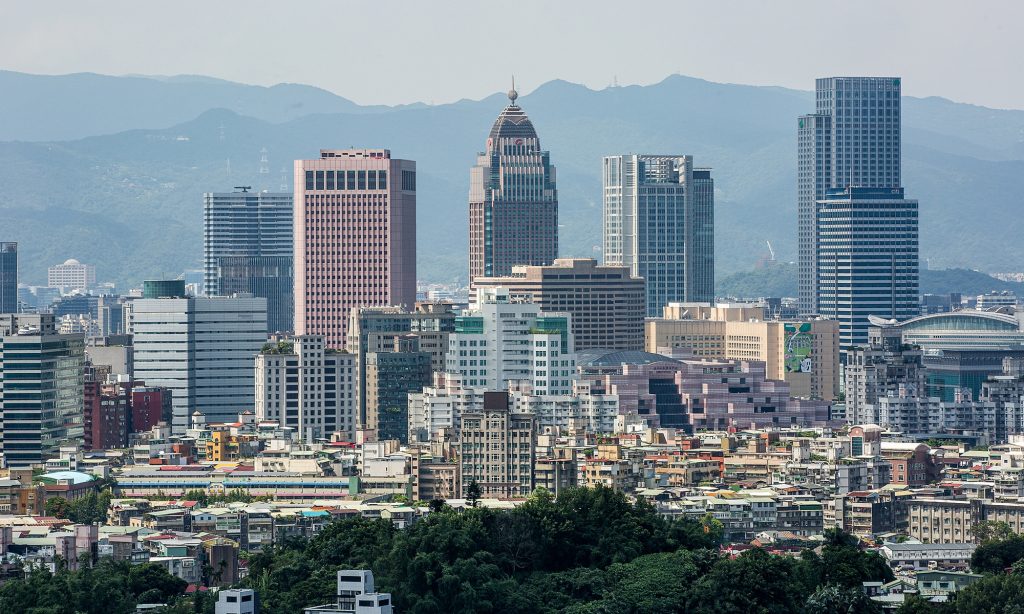Taiwan's tabletop simulation harms atmosphere of exchanges, shows secessionists' stubbornness and panic: mainland expert

With cross-Straits relations showing signs of thawing after recent exchange activities, Taiwan authorities' self-proclaimed "presidential office" held its first "tabletop simulation" designed to test the island's response in a scenario conflict with the Chinese mainland while stressing the "defense resilience" of Taiwan's society.
The latest exercise, according to mainland analysts, shows that the Democratic Progressive Party (DPP) authorities are trying to undermine the current cross-Straits exchange atmosphere by terrorizing Taiwan people with mainland "threats," while also showing that the DPP authorities feel the military pressure from the mainland, but are still unwilling to give up their stubborn secessionist path, even at the cost of Taiwan people's lives.
Taiwan-based media said more than a dozen departments of DPP authorities and civil groups participated in the three-hour simulation on Thursday, which was led by Taiwan island's deputy regional leader Hsiao Bi-khim and top security official Joseph Wu.
The exercise, according to Taiwan media, has simulated scenarios including mainland's "high-intensity grey-zone operation" as well as when Taiwan is "on the verge of conflict," and it's aimed at testing the "response readiness" of Taiwan authorities and civil society.
A DPP authorities' official claimed on Thursday that their goal is to train more than 50,000 volunteers across the island by next year capable of emergency response including first aid capacity, per Reuters.
Zheng Jian, a professor at the Taiwan Research Institute of Xiamen University, told the Global Times on Friday that the "defense resilience" is the essence of the simulation.
Emphasizing the building of "defense resilience" suggests that the DPP authorities are focusing on alleyway warfare, guerrilla warfare, and the concept of "turning every Taiwan resident into a soldier," Zheng said.
Meanwhile, through hyping up the threat from the mainland, the DPP authorities are also attempting to create fear across Taiwan society and further shape an "anti-mainland" atmosphere, especially at a time when cross-Straits interactions becomes more frequent, Zheng said.
The Chinese mainland has staged the "Joint Sword 2024A" and "Joint Sword 2024B" military drills around the island in May and October in response to Taiwan secessionists' provocation. Meanwhile, the mainland has also been active in promoting cross-Straits exchanges and integrated development by hosting and participating in major forums between the mainland and Taiwan.
Leading a delegation of Taiwan students, former Chinese Kuomintang Party leader Ma Ying-jeou visited the mainland for the second time in 2024. A mainland delegation featuring Olympics medalists visited Taiwan in November.
Zheng noted that in 2025, DPP authorities may organize more civil defense exercises and training at local levels. Yet it is, in essence, more of an "election-oriented political fraud." Given the huge gap of the military strength between the two sides of the Straits, once a military conflict begins, the DPP authorities will only have a dead end, Zhang said.
Some mainland analysts believe that behind the DPP authorities' confrontational posture with the mainland, even at the expense of Taiwan people's lives, was the secessionists' panic resulting from the mainland's continuous military pressure. Compared to the uncertainty of whether external forces will come to their aid when a military conflict starts, the huge gap in military power between the mainland and Taiwan is quite clear.
Taiwan secessionists are like patients who are terminally ill and dying, and no medicine can solve their problem, Zheng said. "The mainstream public opinion in Taiwan does not want war… Meanwhile, Taiwan's military forces are short of both strength and confidence to fight against the mainland."